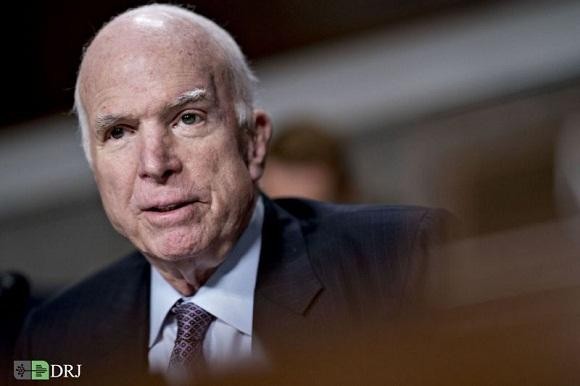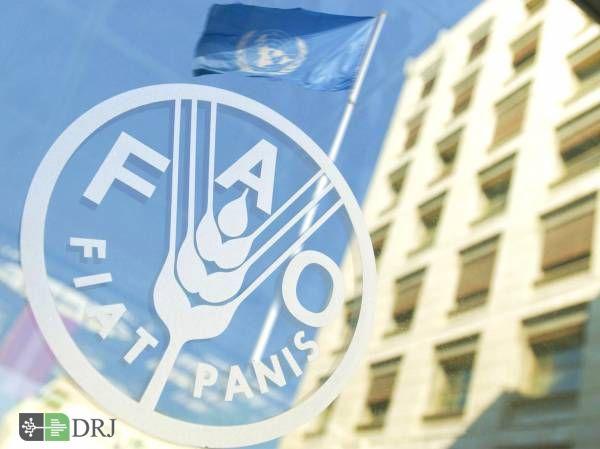At an event where business leaders devoted hours to discussing how they could lead with purpose, the last word went to an activist for whom purposeful action is often, literally, a matter of life and death. Occupying the closing speaker’s slot at Fortune‘s CEO Initiative in San Francisco on Tuesday, Bryan Stevenson, the law professor, anti-death-penalty advocate and executive director of the Equal Justice Initiative, called on a rapt crowd of executives to “find ways to get proximate to the poor and vulnerable,” the better to solve social problems.
“Many of us have been taught that if there’s a bad part of town, you don’t put your business there,” Stevenson said. “But I am persuaded that we need to do the opposite. We need to engage and invest and position ourselves in the places where there is despair.”
Stevenson, a black American who grew up attending segregated schools in rural Delaware, found his calling during law school while working as an intern for a nonprofit that helped convicts appeal death sentences and unjust convictions. As an attorney, his work has helped move more than 125 condemned people off of death row, while calling attention to profound racial biases in the justice system. He has also campaigned against the imposition of life sentences on juvenile offenders; he’s a recipient of a MacArthur Foundation “genius” grant and has been nominated multiple times to the Fortune World’s Greatest Leaders list.
Stevenson’s speech Tuesday resonated strongly with a group whose earlier sessions had focused on topics like making the tech industry more inclusive and building stronger career pathways for low-income and minority youth.
He drew stark connections between the history of racial inequality, mass incarceration, and the lack of economic opportunity. “One in three black male babies will go to jail or prison during his lifetime,” Stevenson said; for Latino boys, the related figure is 1 in 6, and for high school dropouts of color, it’s 70%.
But those problems are exacerbated, Stevenson argued, by economic inequality that distances America’s leadership class, culturally and geographically, from struggling members of society. “Our CEOs have a role to play in this,” he said. “When we allow ourselves to be shielded and disconnected from those who are vulnerable and disfavored,” we lose our effectiveness, but “proximity is a pathway through which we learn the kind of things we need to know to make healthier communities.”
Like the activists of the civil rights heyday of the 1960s, Stevenson said, “We have to decide to do the things that are uncomfortable and inconvenient.”
“I believe the opposite of poverty is justice, and when we do justice, we deconstruct the conditions that give rise to poverty,” he added. “I believe that our stewardship, our leadership, our citizenship, our meaning, cannot be reflected just in how we treat the powerful and the privileged. We’re going to be judged by how we treat the poor, the excluded and the neglected. And in that context, there’s something meaningful and rich waiting for us.”
In a conference that focused heavily on concrete advice and best practices, Stevenson’s speech was perhaps an outlier. But his speech had the effect of urging his high-ranking listeners to radically expand their visions of who they serve.
Stevenson recounted an experience from his early days as an attorney, nearly three decades ago, when he got the chance to describe his litigation work and his social-justice goals to Rosa Parks, Jonnie Carr, and Virginia Durr--civil-rights icons known for their role in the 1950s Montgomery Bus Boycott. Parks turned to him, Stevenson recalled, and said, “That’s gonna make you tired, tired, tired.” To which Carr added, “That’s why you’ve got to be brave, brave, brave.”

ایده ها برای استارت آپ موجب رونق کسب و کارهای اینترنتی
آینده / استارت آپ

استارتآپها ادبیات بازار سرمایه را بلدند؟
استارت آپ

صدور تاییدیه دانش بنیانی شتابدهنده صدر فردا
اخبار / استارت آپ

اپلیکیشن شارژاپ
گوناگون / استارت آپ / رپرتاژ آگهی / بازتاب

جذابترین ایدههای B2B در سال 2020
استارت آپ

تعریف استارت آپ startup
دانشنامه / استارت آپ / مقاله

۱۰ استارتاپ که بدون سرمایه به سوددهی رسیدند
استارت آپ

ایده ها و پیشنهاد برای استارت آپ در سال جدید
راهکارها و ترفند ها / استارت آپ
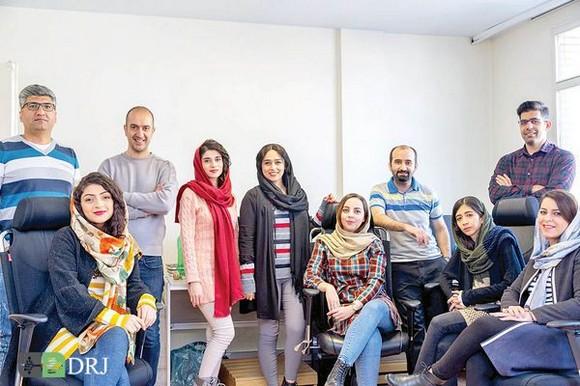
استارتآپ ایرانی؛ مرجع اول زنان افغان
استارت آپ

شروع یک کسب و کار نوپا پلتفرمی
استارت آپ
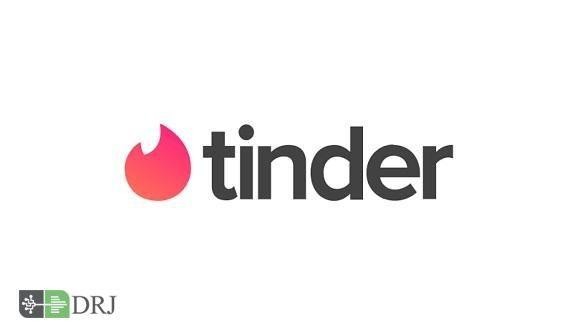
برنامه شبکه اجتماعی تیندر
گوناگون / معرفی وب سایت / استارت آپ
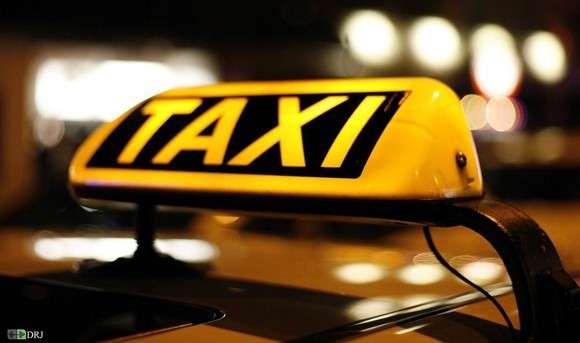
10 استارت آپ برتر تاکسیرانی جهان
استارت آپ

پخت پیتزاهای هیجان انگیز با هوش مصنوعی
آینده / استارت آپ

ایده های استارتاپی فراموش شده
دورنما / بازار / استارت آپ
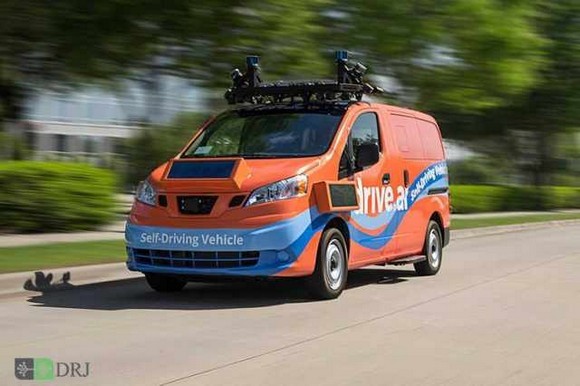
اپل، استارتاپ فناوری خودران Drive.ai را تصاحب کرد
استارت آپ

بررسی مهمترین چالشهای تیمهای استارتاپی
استارت آپ

نگرانی کاربران از هزینه تعمیر و تامین قطعات
گفت و گو / بازار / استارت آپ
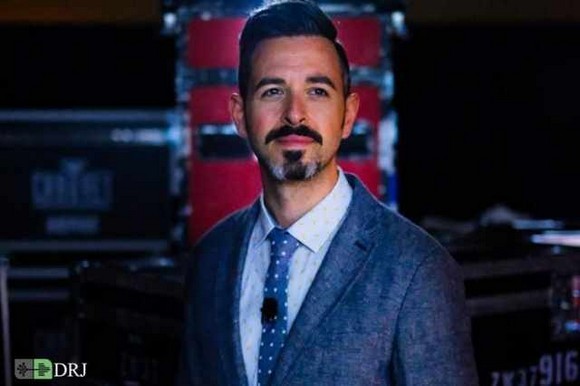
مصاحبه با مدیرعامل و بنیانگذار استارتاپ Moz
گفت و گو / استارت آپ

آشنایی با استارت آپ های حوزه مدیریت آب
استارت آپ

راه اندازی ۷۰ استارت آپ توسط نخبگان ایرانی
استارت آپ

معرفی هشت استارتآپ موفق ایرانی در حوزه فینتک
استارت آپ

اولین مرورگر شرعی دنیا
استارت آپ

از صفر تا پیست
استارت آپ

معرفی برترین استارتاپهای CES 2019
اخبار / استارت آپ

ازدواج با فرد ثروتمند یا خوش اخلاق
سبک زندگی / برترین ها

هدف از تشکیل خانواده چیست
سبک زندگی

اول عاشق شویم، بعد ازدواج کنیم
سبک زندگی

خانواده چیست
سبک زندگی

مشاوره خانواده چیست؟
سبک زندگی

اولویتهای پسانداز خانواده چیست؟
سبک زندگی

هزینه های خانواده چیست؟
سبک زندگی

راهکار بیشتر حرف زدن اعضای خانواده چیست؟
سبک زندگی

چرخه زندگی و خانواده چیست؟
سبک زندگی

اهداف و اصول تشکیل خانواده
سبک زندگی

آموزش جنسی نادرست به سبک خانم جلسه ای
سبک زندگی
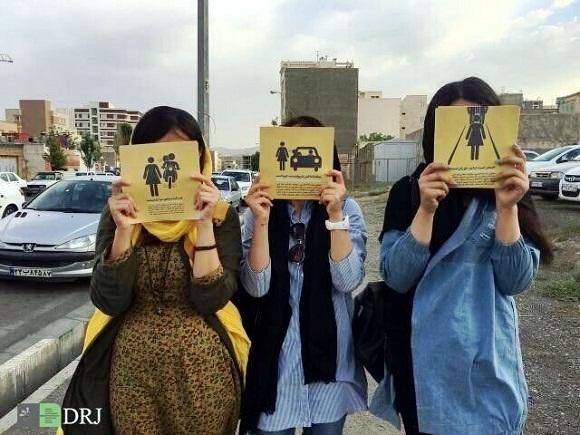
لطفا تماشاچی آزار زنان نباشید!
سبک زندگی

کودک آزاری؛ از نشانهها و دلایل تا درمان
گزارش / سبک زندگی / پرورش کودکان

روش های تعیین هدف و مسیر زندگی برای رسیدن به موفقیت
سبک زندگی
مجله اینترنتی دیپروتد نشریه مجازی بر بستر اینترنت به مسائل آموزشی و مقالات پیرامون کسب وکار های نوپا یا استارت آپ ها و سبک زندگی است فعالیت و محتوای مطالب ارائه شده در سایت همه بیشتر در حوزه مدیریت، کارآفرینی ، روانشناسی ،اقتصادی و فناوری اطلاعات است نام اصلی دیپروتد "ریشه های عمیق " با مجوز رسمی از هیات نظارت برمطبوعات مشغول به فعالیت است
ما را در شبکه های اجتماعی دنبال کنید
تمامی حقوق برای سایت فوق محفوط است.
S-TECH: ایرانی توانمند | Powered by: مجله اینترنتی دیپروتد
